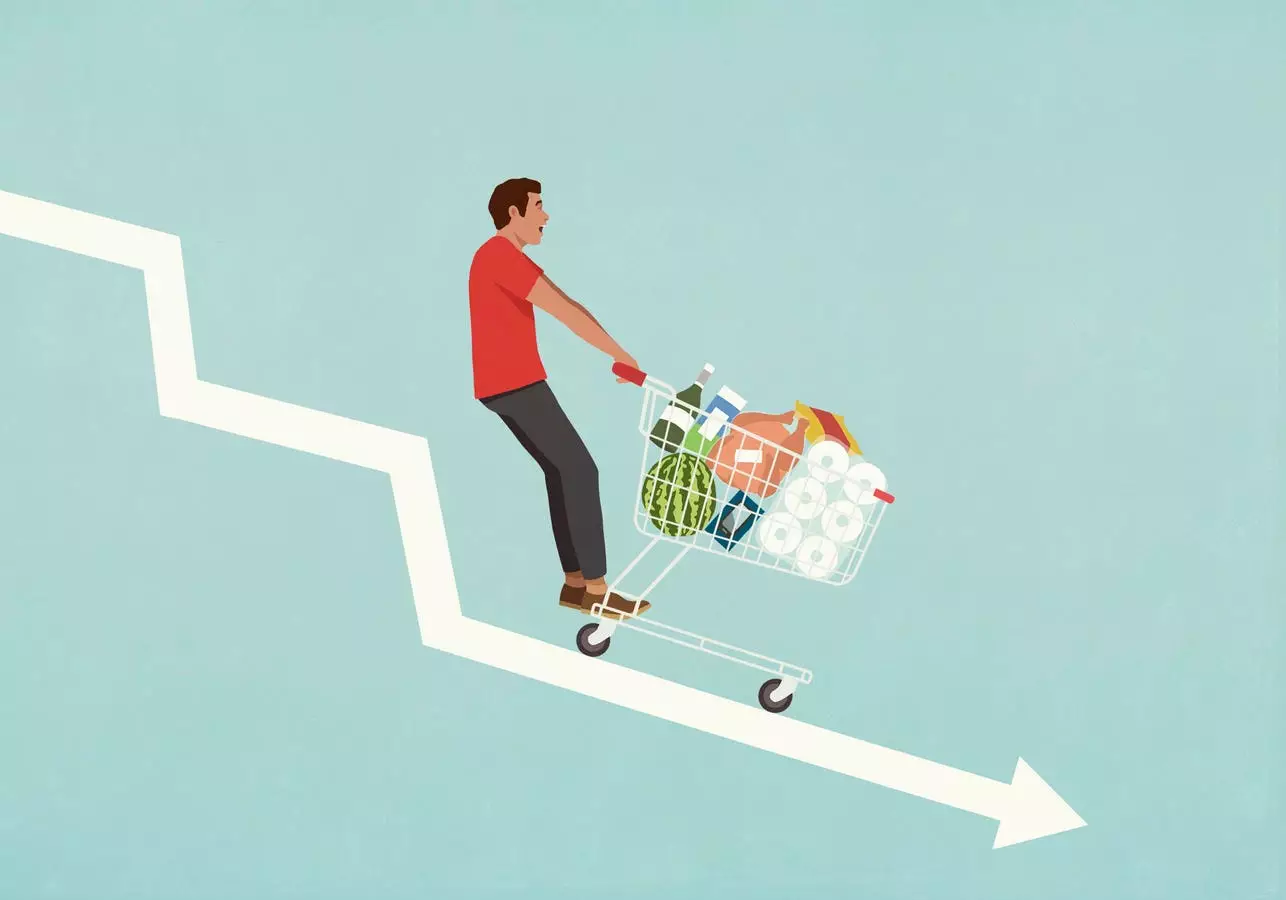The food and beverage industry has faced significant challenges earlier this year due to inflation impacting every product. Wendy’s CEO Kirk Tanner announced plans to experiment with “dynamic pricing,” which sparked concerns and speculation within the industry. While some feared that Wendy’s might adopt a surge pricing model akin to Uber, Tanner clarified that the focus was on leveraging AI and digital menus to offer discounts during slower periods rather than increasing prices during peak demand.
In response to evolving market dynamics, food and beverage companies are shifting their focus from favoring margins to gaining market share. This shift has led to a proliferation of discounts, deals, and private label offerings across the industry. Consumers are increasingly seeking out deals and promotions to manage their costs, with a significant percentage actively looking for opportunities to save on their purchases.
Price wars have become a common occurrence in the industry, with major retailers and food chains rolling out extensive price cuts on a variety of products. Private label offerings have emerged as a strategic tool in these price wars, with companies like Target, Walmart, and Aldi significantly expanding their private label portfolios to attract cost-conscious consumers and gain market share.
Inflation has played a significant role in shaping consumer behavior and pricing strategies within the food and beverage industry. The Consumer Price Index for food has shown a modest increase, with food-at-home prices rising less than food-away-from-home prices. Rising food prices and inflation have driven consumers to become more price-conscious, leading to increased interest in private label products and value-based offerings.
As the industry navigates the challenges of inflation and changing consumer preferences, companies are adapting their pricing strategies to remain competitive. Price cuts and promotions have proven to be effective in attracting consumers and driving sales growth. The introduction of digital menus and flexible pricing models presents new opportunities for companies to engage with consumers and respond to market trends effectively.
The food and beverage industry is undergoing a significant transformation in response to changing market conditions and consumer expectations. Price wars, private label offerings, and dynamic pricing strategies are reshaping the competitive landscape within the industry. Companies that can adapt to these changes and price their products strategically will be well-positioned to succeed in this evolving environment.

